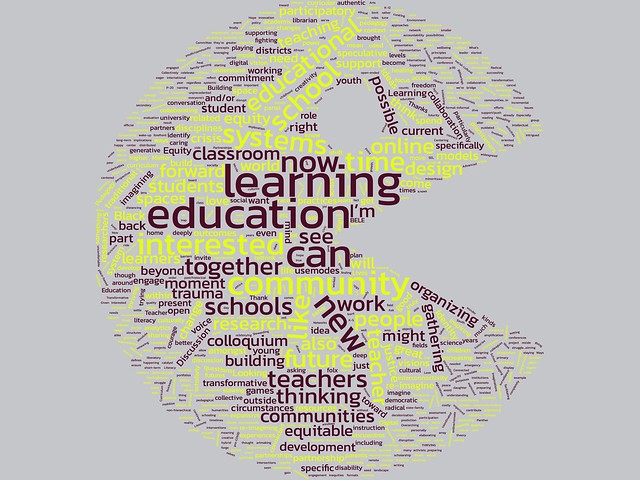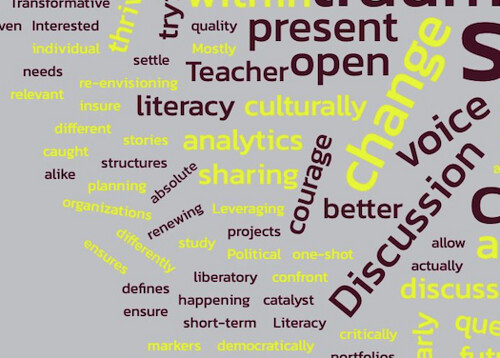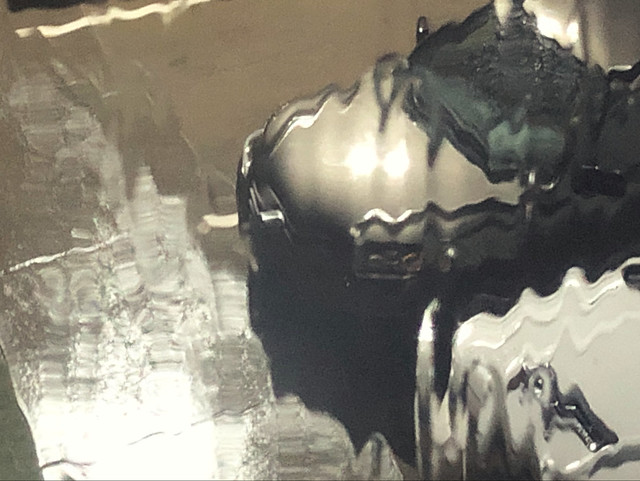
With AERA’s announcement that this year’s annual meeting is now a virtual one, there is a real opportunity for this conference to shift how thousands of educational researchers engage, interact, and view online learning opportunities. I have a sinking feeling we will collectively fail at this, based on every single other online conference I have participated in. They are terrible. Always.
At the same time, I spend a lot of time watching gamers and musicians perform live and interact with an audience. These are thriving communities and they are clearly getting it right. AERA probably needs to look closer to what a Twitch stream looks like for a charity event like Awesome Games Done Quick, for example (a bi-annual video game marathon that gets tens of thousands of viewers consistently during its weeklong duration).
Based on what I think will fail, here are my three hopes that I think would make this conference a successful one:
1. 1-Click participation
This is the thing I am most concerned about. If you’ve ever participated in an online conference, it usually requires registering for a system, downloading some proprietary software, and potentially waiting in a limbo-like screen until a session begins. It’s a confusing mess and nothing will turn off an audience faster than an experience that isn’t intuitive and seamless. It needs to be as simple as clicking a YouTube link and you are in. Literally that. Click, you are in. I am not necessarily a fan of YouTube as a platform, but if it means every AERA member can click a link and see a session at any given time (and it is later archived as an easily accessible YouTube video), I am all for it. More than any other aspect, this will be the thing that makes or breaks this conference.
1.a It’s not gonna be a regular conference
Okay, kind of cheating, but this is a continuation of my thoughts above. It’s no longer a face to face conference. That’s a given. So Do. Not. Try. To. Replicate. Traditional. Conference. Practices. For example, there is an intuitive chat feature on YouTube live videos – this would be an ideal space for a moderator to pull questions. However, I could imagine that a smaller group of viewers might want to actually talk after a particular presentation. Rather than resort to muddying an intuitive conference space for everyone, offer drop-in Zoom rooms (that can be recorded for later viewing if so interested) for further interaction and affinity-focused networking. For example, my amazing advisee is part of a 40-minute panel on the role of YA literature and equity in civic literacy contexts. The three panelists and discussant share slides to a live YouTube audience that gets 50-100 viewers (more than they’d probably get in a room at the SF-based conference!). At the end of the session, the presenter shares a link to a separate videoconferencing/Zoom room where they will be further discussing their research for the next 20 minutes. Maybe 6-7 other people join that conversation and the rest of the audience moves on to the next panel of presenters. It is a win-win: a more rewarding, smaller conversation, and an easily clickable YouTube link that works for all AERA members regardless of proxies, paywalls, or regions of the world. Let’s make this simple.
2. Ditch the names
With the exception of getting notable discussants and chairs to help contextualize new work, let’s use this space as an opportunity to highlight the voices that most benefit from being heard in these conferences. Doctoral students, post-docs, new faculty, practitioners—that’s who I would want to hear from. It should go without saying, but we need to specifically center Black, indigenous, and people of color in these presentations… but I probably need to say it anyways.
I am imagining each division and SIG is going to prune their program to a handful of sessions and I could see the inclination is to get the biggest names to ensure people tune in. They are not the people who need to be heard from. We need to put trust in the conference chairs for each section and the work they put forward, but I hope it isn’t just big name scholars. I can read their work already. I want sessions that challenge my thinking and introduce me to a new set of scholars I’ll be excited to meet in face-to-face contexts in the future.
3. Embrace Different Time Zones and Formats
The beauty of an organization like AERA is how many time zones our research spans. Since we are not confined to the whims of traditional working hours or hotel ballroom timeframes, why not shift to ensure that the conference is sharing work at all hours? It would be kind of amazing to get to click on a conference link at 3 a.m. in a given time zone and be whisked into somebody’s research from another part of the country (and if I am sleeping when the next great presentation occurs, it will be archived for me to catch up on anyway!). I’m writing this at 10:40ish p.m. on a Saturday as I watch my daughters sleep noisily on the baby monitor next to my desk. My working hours have not looked anything remotely like a normal 9-5 since becoming a professor and the 8 months of being a dad of twins has blown away any semblance of a regular schedule. I would love to feel engaged with a conference that lets me somehow plug in based on the time I have available.
Again, I think there is a real opportunity that comes with this necessary shift for this conference (and the many others that are being moved online for health and safety reasons). The more we put this conference behind log-ins and force it to adhere to traditional, physical conference rules, the more it will be an abysmal failure. Let’s not let that happen.
Tell people this is awesome:









